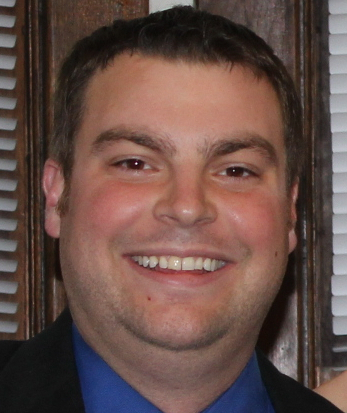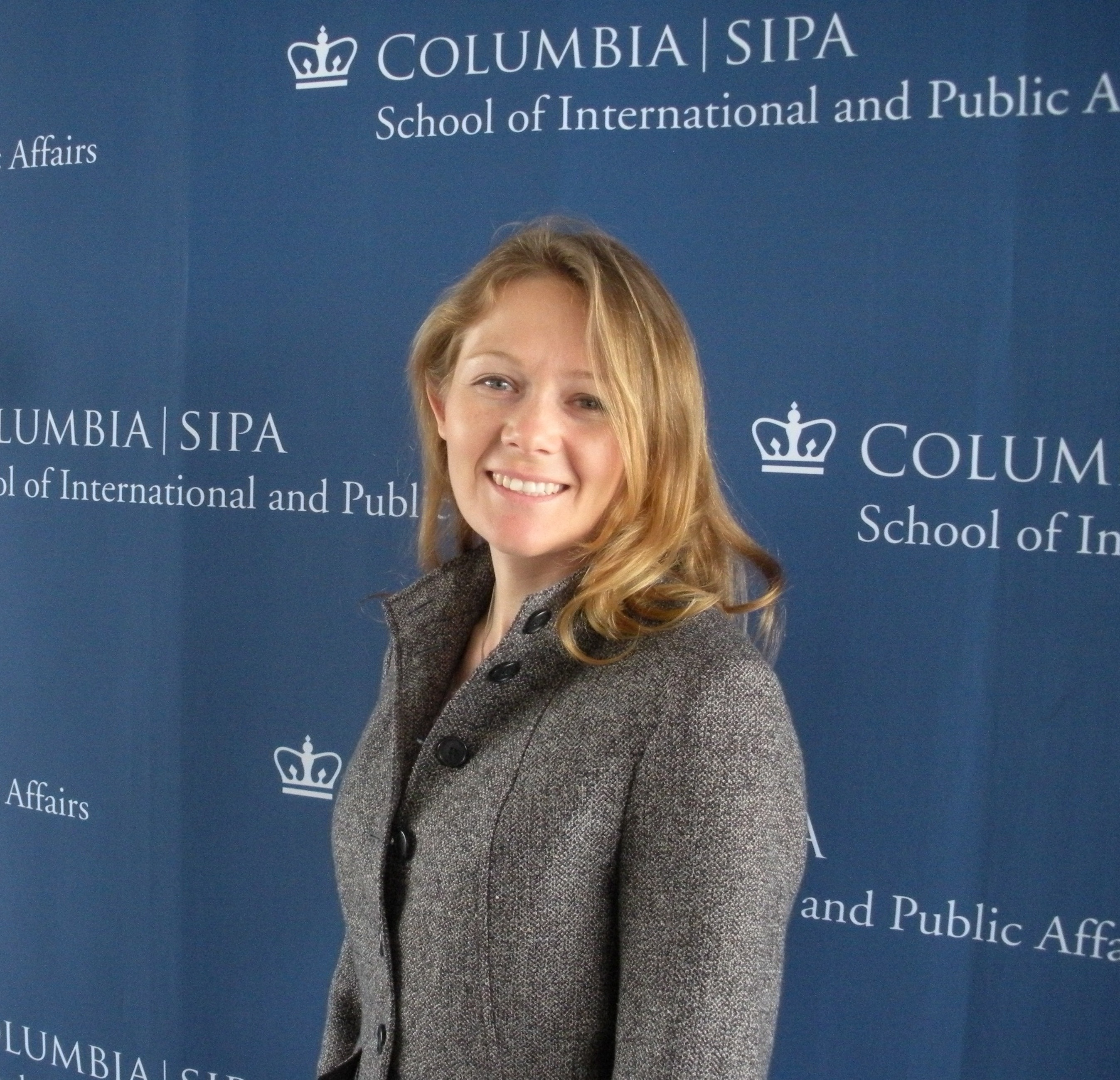EDF Climate Corps fellow | May 14, 2013
“Knocking down a brick wall by yourself with your bare fists is next to impossible. But organize a team equipped with sledgehammers and a plan, and it gets a whole lot easier,” said Gwen Ruta in a Fast Company Op-Ed explaining the concept behind EDF Climate Corps.
This blog post is the 14th in a series, highlighting our team of ‘sledgehammers’ – the 2012 EDF Climate Corps fellows– and their plans for breaking down the barriers to energy efficiency at their host organizations.
Name: Nikhil Rai
Host Organization: Volvo Mack Trucks
School: Johns Hopkins University Carey Business School
Opportunity: To align its record of environmental sustainability with Volvo Group as a whole, Volvo Mack Trucks wanted to achieve and maintain the ISO 50001 energy management standard, as well as ANSI’s new Superior Energy Performance- Mature Pathway certification.
Barrier: Before Rai could write a detailed strategy to achieve these two certifications, he needed to deepen his understanding of Mack Trucks' production process and find ways to collaborate with personnel from the facilities maintenance and environmental, health and safety departments.
Solutions Identified: Rai found that small portion of the equipment and manufacturing processes at the plant consumed most of the energy taken in by the entire facility – the paint booth and drying ovens, the centrifuges, large pumps, boilers, air compressors and dynamometers. He prioritized these processes in his efficiency recommendations, setting back, for example, the fan speeds and switching off pumps whenever the assembly line stopped.
Potential Savings: The energy efficiency opportunities Rai identified could annually reduce energy usage by 886,036 kilowatt hours, save $ 54,225.43 in costs and avoid 678.19 metric tons of CO2 emissions. All of this could be achieved through a minimal payback of <2 years, a low upfront investment of $19,117, at a net present value of $ 175,631.76 over a five year period.
Quote: “For a large manufacturer such as Volvo Mack Trucks, which annually consumes 37.77 million kilowatt-hours of electricity, effective energy management is crucial.”
Name: Sam Shannon 
Host Organization: Ocean County
School: University of Wisconsin – Madison La Follette School of Public Affairs
Opportunity: On Shannon’s first day at Ocean County, he was handed a three-inch-thick binder labeled “Energy Master Plan.” It was a report commissioned by the county in mid-2008.
Barrier: Unfortunately, the report was completed shortly before the economy crashed.
Solutions Identified: Rather than leave the plan on the shelf, as you might expect a local government to do in a financial crisis, Ocean County began pursuing it aggressively. Board membership as well as Ocean's senior management remained steady after the Energy Master Plan was adopted, so the county was able to plan efficiency upgrades years in advance. This stability enabled Shannon to take on the big projects and think long term because he knew that the county was willing to go above and beyond the quick fixes.
Quote: “The default answer to energy efficiency here, I quickly learned, is “yes,” which is an enthusiasm that comes directly from the governing Board of Chosen Freeholders.”
Name: Kate Bogart 
Host Organization: Booz Allen Hamilton
School: Columbia University School of International and Public Affairs
Opportunity: As a firm that produces primarily intellectual capital and leases its physical infrastructure, Booz Allen Hamilton decided to place a heavy emphasis on employee engagement to improve energy and sustainability practices.
Barrier: Through her research on employee engagement, Bogart learned that while it is important that employees know how to properly recycle, remember to shut off lights at the end of the day and reduce commuting emissions, employees need to be able to connect those behaviors to specific organizational goals to make the behaviors stick.
Solutions Identified: After learning that employees are motivated by knowing the higher-level goals behind initiatives, the Sustainability Program Management Office, which is responsible for implementing sustainability initiatives at Booz Allen Hamilton, added a lofty goal to its communication: “Help Booz Allen become a plastic water bottle-free company.” Bogart recognized that because this goal is collective, it makes it easy to use social science concepts such as norming, social diffusion and public commitment in building programs and messaging around sustainability. Also, employees are able to help one-another in overcoming challenges particular to the office where they work. Bogart also noted that it takes bold managers to set firm-wide sustainability goals that employees can engage with and rally around. Each flagship sustainability goal managers set sends the message to employees that sustainability is important, and the management team must support each one through their own actions and how they communicate expectations to other firm leaders. If Booz Allen is able to accomplish its goal of becoming a plastic water bottle-free company, it will be a newsworthy story, one that sets it apart from its competitors and elevates them as a market leader.
Quote: “Bottled water takes so much energy to make and transport that a single bottle uses the equivalent of 1/3 of its volume in oil over its lifecycle.”
About EDF Climate Corps
EDF Climate Corps (edfclimatecorps.org) taps the talents of tomorrow’s leaders to save energy, money and the environment by placing specially-trained EDF fellows in companies, cities and universities as dedicated energy problem solvers. Working with hundreds of leading organizations, EDF Climate Corps has found an average of $1 million in energy savings for each participant. For more information, visit edfclimatecorps.org. Read our blog at edfclimatecorps.org/blog. Follow us on Twitter at twitter.com/edfbiz and on Facebook at facebook.com/EDFClimateCorps.
About Environmental Defense Fund
Environmental Defense Fund (edf.org), a leading national nonprofit organization, creates transformational solutions to the most serious environmental problems. EDF links science, economics, law and innovative private-sector partnerships. For more information, visit edfbusiness.org. Read our blog at blogs.edf.org/business. Follow us on Twitter at twitter.com/EDFbiz.